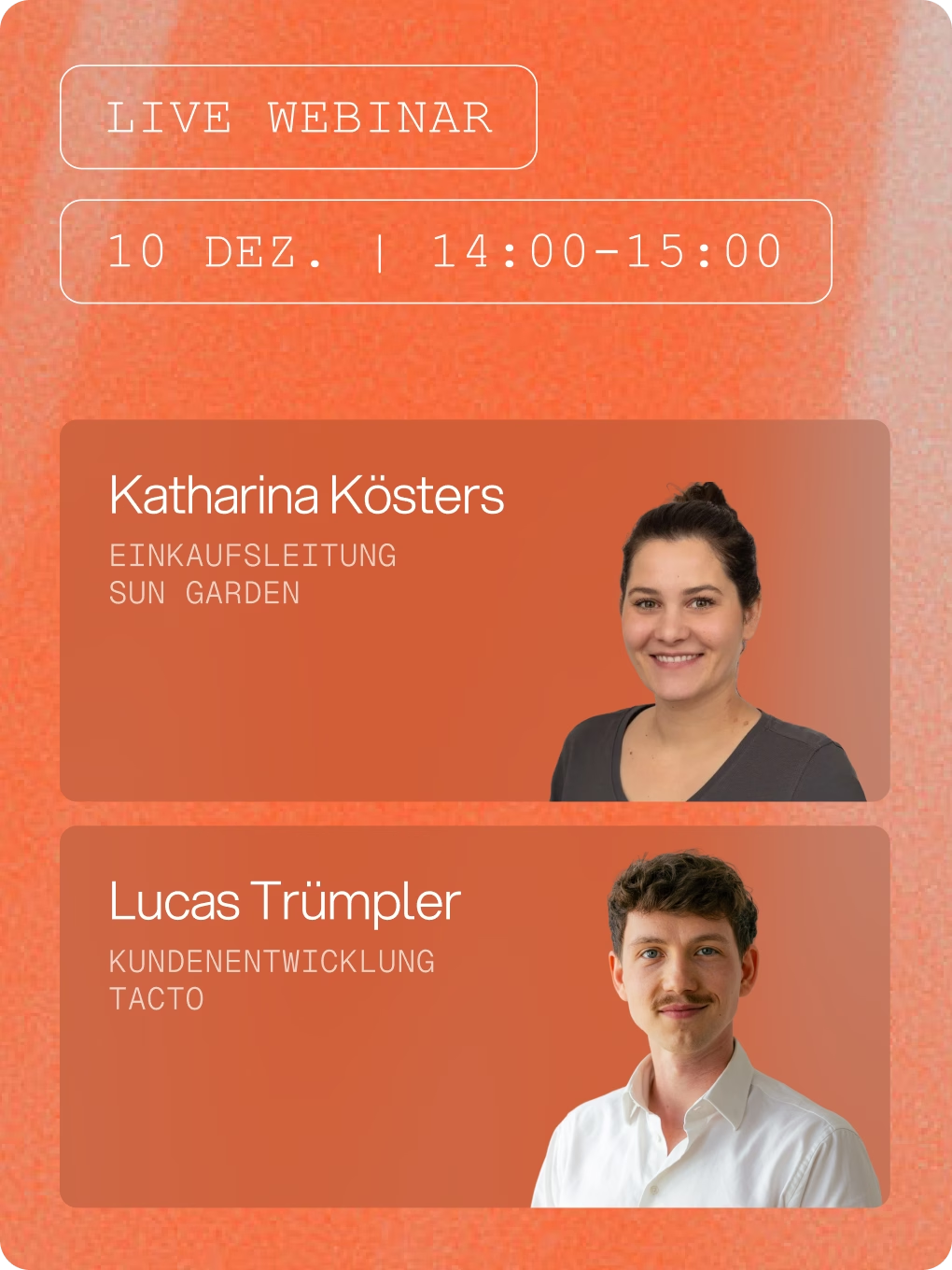Procurement Glossary
Transportation costs: definition, calculation and strategic importance in Procurement
November 19, 2025
Transportation costs are a key component of total procurement costs and have a significant influence on the profitability of supplier relationships. They include all expenses for the physical transportation of goods from the supplier to the customer. Find out below what transport costs are, how they are calculated and what strategic approaches exist for optimizing them.
Key Facts
- Transportation costs can account for 5-15% of total procurement costs
- They are made up of freight costs, insurance, customs duties and handling fees
- Optimization is achieved through bundling, route planning and supplier selection
- Digital tools enable real-time tracking and cost analysis
- Sustainability aspects are becoming increasingly important in transportation cost planning
Contents
Definition: Transportation costs - basics and classification
Transportation costs include all direct and indirect expenses incurred for the physical transportation of goods.
Components of transportation costs
Transportation costs are divided into different cost categories:
- Freight costs: basic fee for the actual transportation
- Fuel surcharges: Variable costs depending on energy prices
- Insurance costs: protection against transportation risks
- Customs duties and taxes: For cross-border transportation
- Handling charges: Loading and unloading costs
Transportation costs vs. logistics costs
While logistics costs encompass the entire supply chain management, transportation costs focus exclusively on the physical movement of goods. They are a sub-area of the more comprehensive logistics costs.
Importance of transportation costs in Procurement
In strategic Procurement , transportation costs play a decisive role in supplier selection and the total cost of ownership. They directly influence the competitiveness and profitability of procurement decisions.
Methods and procedures
Various approaches enable a systematic analysis and optimization of transport costs.
Transportation cost analysis and calculation
The structured analysis is based on a detailed breakdown of all cost components. A freight cost break-down enables the transparent presentation of individual cost drivers:
- Weight and volume-based calculations
- Distance-dependent tariffs
- Additional services and special conditions
Optimization strategies
Effective freight cost management uses various levers to reduce costs. Bundling shipments and optimized route planning lead to considerable savings.
Negotiation techniques
Price negotiation techniques are crucial when negotiating transportation costs. Long-term framework agreements and volume discounts offer cost certainty and predictability for both contracting parties.

Tacto Intelligence
Combines deep procurement knowledge with the most powerful AI agents for strong Procurement.
Important KPIs for transportation costs
Key figures enable systematic monitoring and control of transportation cost efficiency.
Cost-based key figures
The most important metrics for transportation cost evaluation include:
- Transportation costs per unit or kilogram
- Transportation costs as a percentage of total sales
- Cost per kilometer or transport kilometer
- Average shipment costs
Efficiency and performance indicators
Operational KPIs measure transport efficiency and service quality. Procurement controlling uses these KPIs to continuously improve transport processes.
Strategic performance indicators
Long-term KPIs such as ROI in Procurement and cost savings through transport optimization show the strategic value contribution of transport cost management for the company.
Risks, dependencies and countermeasures
Transportation costs are subject to various risk factors that require proactive management.
Price volatility and market risks
Fluctuating fuel prices and capacity bottlenecks lead to unforeseeable cost increases. Hedging strategies and long-term contracts with price escalation clauses offer protection against extreme price fluctuations.
Supply chain disruptions
Natural disasters, political instability or pandemics can block transport routes. Diversified transport routes and alternative logistics partners reduce dependence on individual routes or providers.
Regulatory changes
New environmental requirements, customs regulations or safety regulations can have a significant impact on transportation costs. Continuous monitoring of regulatory developments and early adjustment of the transport strategy are essential for cost driver analysis.
Practical example
An automotive supplier optimizes its transport costs through strategic bundling. Instead of purchasing small consignments from five suppliers every day, the company implements a milk run system with weekly collection tours. Transport costs are reduced by 35%, while delivery flexibility actually increases thanks to coordinated collection times. In addition, CO2 emissions are reduced by 40%.
- Analysis of existing transport flows and cost structure
- Development of an optimized route concept with suppliers
- Implementation of a digital tracking system for cost control
Current developments and effects
The transportation cost landscape is subject to continuous change due to technological innovation and regulatory developments.
Digitalization and AI integration
Artificial intelligence is revolutionizing transport cost management through predictive analytics and automated route optimization. Machine learning algorithms analyze historical data and forecast cost trends with high precision.
Sustainability requirements
Green logistics and CO2-neutral transport solutions are becoming increasingly important. Companies are integrating sustainability criteria into their transportation cost considerations and investing in environmentally friendly alternatives.
Volatility of energy prices
Fluctuating fuel prices require flexible pricing models. Energy price surcharges and dynamic adjustment clauses are increasingly being implemented in transport contracts in order to minimize cost risks.
Conclusion
Transportation costs are a critical success factor in strategic Procurement and require systematic management. Significant cost savings can be achieved through data-based analysis, innovative optimization approaches and proactive risk management. Increasing digitalization and sustainability requirements are opening up new opportunities for efficient transport cost management. Successful companies integrate transportation costs as a strategic lever in their procurement strategy.
FAQ
What are the main components of transportation costs?
Transportation costs are made up of freight costs, fuel surcharges, insurance, customs duties, handling fees and administrative costs. The proportions of the individual components vary considerably depending on the type and distance of transportation.
How can companies effectively reduce transportation costs?
Companies achieve cost reductions through shipment bundling, optimized route planning, long-term framework agreements and the selection of cost-effective transport modes. Digital tools support the continuous optimization of transport processes.
What role do transportation costs play in supplier selection?
Transportation costs are a decisive factor when considering the total cost of ownership. A favorable purchase price can be overcompensated by high transport costs, which is why a holistic cost analysis is essential.
How do volatile energy prices affect transportation costs?
Fluctuating fuel prices have a direct impact on transportation costs through variable fuel surcharges. Companies use price escalation clauses and hedging strategies to protect themselves against extreme price fluctuations.



.avif)

.png)
.png)


.png)




